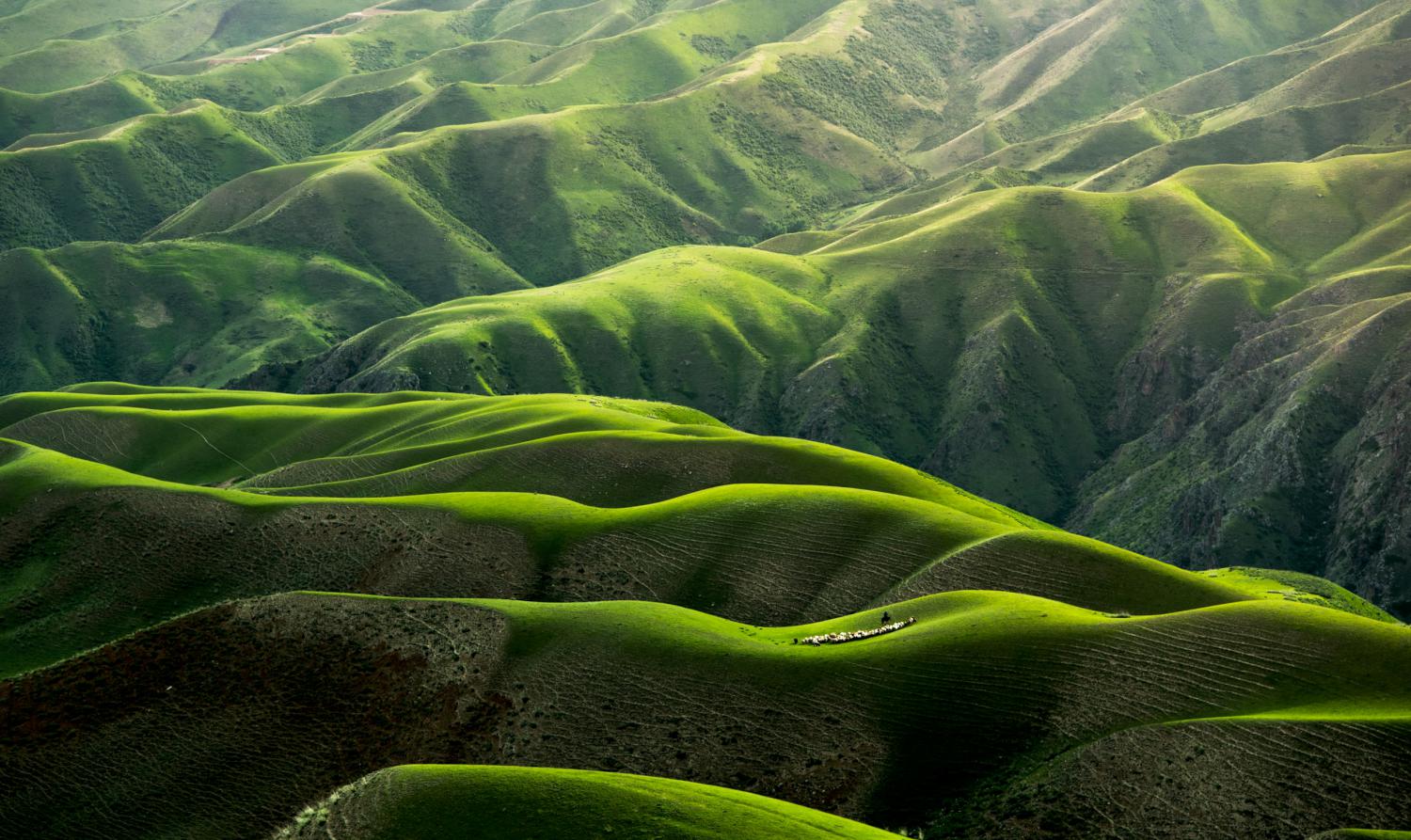The quantities are still quite manageable. Only two percent of the total production volume of polymers is bio-based; the large remainder are petrochemical polymers. However, the use of bioplastics for packaging is ultimately also gaining momentum thanks to the efforts of major corporations. Nestlé and Danone, for example, committed years ago to using only bottles made from bio-PET, and supermarkets are also increasingly stocking containers such as yogurt pots made from bio-based PLA. PEF is the promising alternative to PET, and is said to have even better properties than PET.
But bio-based plastics have one major drawback: they have to compete with a process chain that has been established for decades and is based on petrochemical polymers, which are equally highly efficient. So what is undoubtedly needed to establish bio-plastics is the standardization of process chains in the bio-economy. And while we're on the subject of standards, there are no such standards yet to actually assess the sustainability of materials, because sustainability is more than one parameter.
Nevertheless: the market for bioplastics has continued to gain momentum in recent years, and the spirit of research and entrepreneurship are combining to produce some amazing innovations. Here are five that show what is possible and what will be possible in the future:
1. The organic coffee capsule from Tegernsee
In his previous job, Marus Berthold, founder of Feel Good Coffee, probably had nothing to do with coffee except as a consumer. Berthold is actually a social media professional and also the founder of a relevant agency. But at some point, he became ambitious enough to combine convenience and sustainability in coffee consumption. And he worked on a coffee capsule system that replaces conventional plastic with bio-based raw materials – cellulose, natural resin and plant fibers. The capsules' usual aluminum lid also needed to be replaced. Berthold found a manufacturer whose paper could withstand the necessary 19-bar pressure, and the barista research paid off: now Feel Good Coffee offers three different types of coffee.
2. Organic plastics from the farm
“A waste product that is itself already organic is processed in an environmentally friendly way and replaces a problem product“, is how the jury of the German Founders' Prize justified the nomination of the Hamburg-based startup "Traceless" for the award. And that sums it up quite well: Traceless has developed a material that uses agricultural residues as a basis, can be processed like plastic and is fully compostable. It's the compostability that makes the difference: while other materials are designed to be processed in industrial composting facilities, Traceless' products are naturally compostable. And – here we are again with the process chain: Traceless can be further processed like conventional plastics.
3. Filling material Funghi
The production of Styrofoam is energy-intensive, and its use is just as widespread as its remains in nature are also environmentally harmful. But the American company Ecovative has an alternative: it mixes biowaste with special fungal cultures that use the waste as food to grow. After about five days, the result is shredded again and placed in a mold to produce the desired packaging – which is then just as suitable for shipping packaging as conventional Styrofoam.
4. Decomposit after all!
Bioplastics still have their technological problems. One of them is that they should remain stable during use and then, ideally, decompose in such a way that they can be used again for new material – because that is upcycling. A team of researchers from the U.S. is now working on a system that can be used to give biobased plastics a “decomposition command“. The team has developed a polymer based on vanillin that only decomposes when irradiated with a certain wavelength – and sunlight does not have this wavelength. As a result, the decomposition process does not start unintentionally. 60% of the monomers could be polymerized again. And vanillin can be produced easily: it is, for example, a waste product of pulp production.
5 Cooked from biomass
Researchers at EPFL in Lausanne are working on a PET-like plastic made from biomass: they use polymers from non-edible plant materials in particular to produce the plastic: lignocellulose biomass. The key to bio-plastic: agricultural waste is cooked in low-cost chemicals to produce the plastic pre-stage. Glyoxylic acid is used instead of formaldehyde, and the sugar structure within the plastic remains intact. The process enables up to 95% of the purified sugar in the raw material to be converted into plastic – an ideal basis for heat-resistant food packaging, for example, which is then broken down again – precisely: into sugar.
